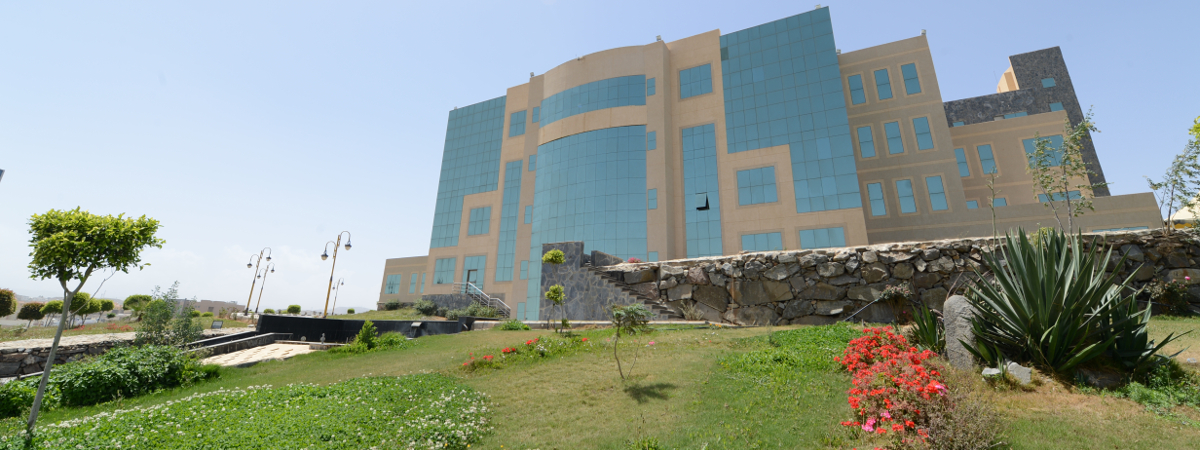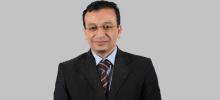Study Confirms That Classical Arabian Linguistic Development Method Most Effective Even in the Modern Era

Dr. Musslam Abdulfatah Hassan Al-Said proffered a scientific study entitled 'Vocal Guidance for Children and Its Effect on Proper Linguistic Construction'. In sum, the study stressed the importance of mothers using sign language along with auditory utterances, in the beginning, to teach infants how to develop language skills in the future. The study also recommends the use of certain educational strategies, books, and websites as specialized supplemental material.
The purpose of Dr. Al-Said's research is to identify the best methods and practices for mothers to foster vocal and language development early-on. These strategies reinforce positive aspects of child developments and help ensure future proper language learning and performance through different stages of informal and formal education. In addition, Dr. Al-Said reviews traditional Arab principles in language functionality development in infants. Even the best modern theories recognize the effectiveness and validity of this method. The data shows the different means by which infants and children learn correct vocal performance and correct any vocal defects. The study also reviews the potential adverse consequences of inadequate child language development efforts.
Dr. Al-Said explained that the use of sign language (along with auditory signaling) through the age of 8-months is critical. Sign language is an integral and vital part of learning the speech systems in Arabic and other languages. By way of example, he reviews a case in which a 3-year-old child had significant linguistic development issues which delayed his language and social skills. This child had not been adequately educated using the proper combination of auditory signals and sign language when the child was an infant. The study also found that infants as early as 45 days in age follow the sources of sounds and optical signals. Of course, these abilities vary by individual.
One alarming conclusion of the study is the deleterious effect of modern technology on child linguistic development. The research indicates that infants and children exposed to modern technology devices may experience isolation, and as a result, it may stunt linguistic and social development. In extreme cases, some children develop anomalies such as the ability to hear well but not speak.
Even further, the research confirms the effectiveness of the classic Arab-Islamic approach to linguistic development in infants and children. This traditional method plays an important role in children becoming physically healthy and linguistically competent. This conclusion is confirmed by Johann Ludwig Burckhardt who said: 'I shall here venture to affirm, that by far the best Arabic is spoken in the Desert, and that Bedouins are as much distinguished from other Arabs, by the purity of their language, as they are by that of their manners. That they thus preserved, during so many centuries, the purity of their language, without books or writings, may with probability be ascribed to the frequent practice of learning by heart and reciting poetry'. This corroborates the well-known and generally accepted practice of Arab-Islamic linguistic development methods. It is incumbent upon parents to observe best practices so that society's sons and daughters grow to be mentally, physically, and linguistically healthy.
Dr. Al-Said also stressed that mothers should be educated so that they understand and can successfully fulfill their duties of physical, mental, and linguistic development. Constant vigilance is required through every stage.
King Khalid University is committed to raising awareness about these important issues and supporting educational efforts that help improve child development. Through the use of news articles, workshops, conferences, and the like, the university will play its part in making sure that children in the Kingdom have every advantage in becoming healthy, competent, and engaged citizens.






